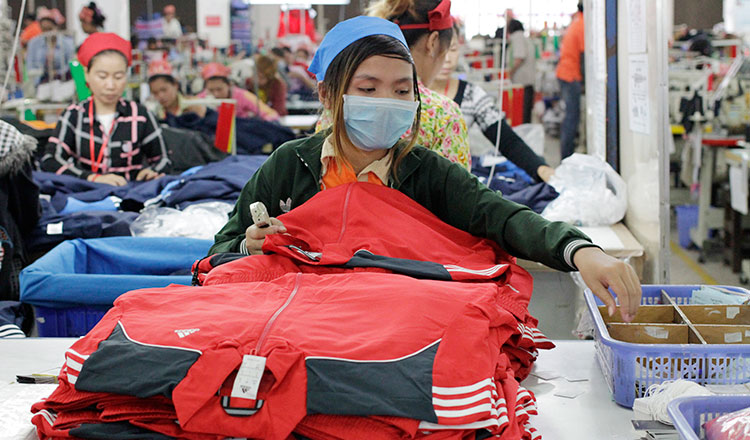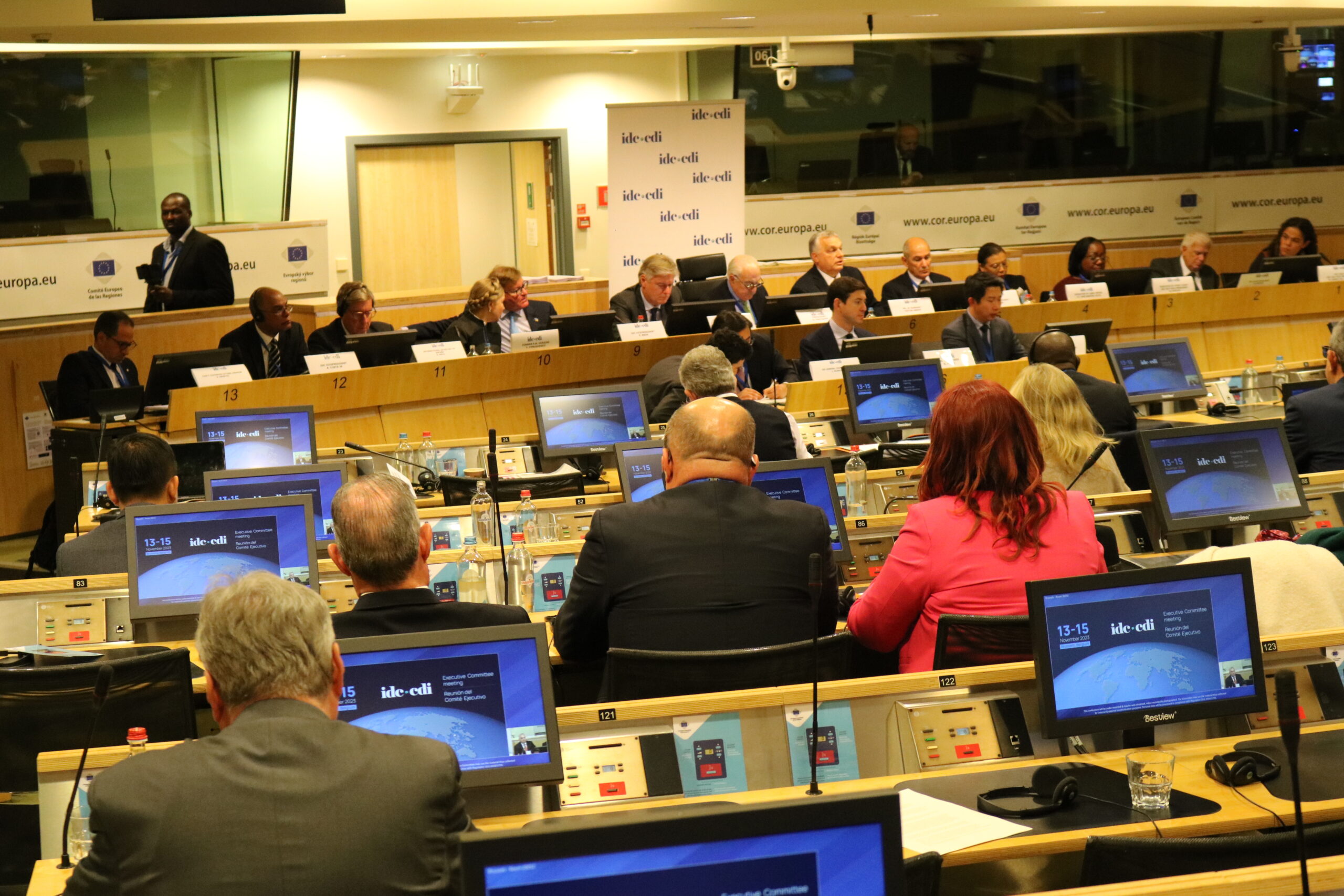“The OAS must demonstrate today whether its Democratic Charter is a strong instrument, to defend the principles of democracy, or whether it is just something on file in the organization’s archives. It is all up to you.”
Thus began OAS Secretary General Luis Almagro his presentation on Venezuela last Thursday before the Permanent Council. He did so pursuant to with Article 20 of the Charter, which authorizes him to convene this body to conduct an assessment of the situation in the country and make the decisions it deems appropriate.
Almagro acted in defense of democracy, the OAS’s central mandate. The founding documents confirm this, including our Inter-American Democratic Charter. The Secretary General concluded, based on the evidence set forth in a detailed and well-reasoned report, that Venezuela’s constitutional order has been seriously subverted.
Repeated unconstitutional actions have been verified, orchestrated by the Executive Branch, to the Congress’s detriment, with the Constitutional Chamber of the Supreme Court colluding in this by blocking all legislative actions and approved laws. This year the Congress, controlled by the political opposition, has been unable to legislate, designate, appropriate resources or properly exercise its oversight function, as pro-Executive judges have reduced the legislature to all but a token body.
Venezuela’s Judiciary has been co-opted by its Executive, and underhanded mechanisms have also undercut the independence of the country’s judicial civil servants. Over 60% of the judges in courts of first instance may be removed from their positions, without due process, if a Supreme Court commission so decides.
The absence of an independent justice system and the erosion of the Rule of Law facilitate political persecution. The media is vulnerable to criminal and administrative proceedings without any guaranteed protections, and to censorship and harassment if it is critical of the Government or proceeds in ways defying the political authorities. Broadcast licenses are subject to an opaque and arbitrary process, and access to print press is controlled by the State.
The Venezuelan Government branded dissidents who turned out to testify before the OAS about the challenges facing their country as “traitors,” and other opponents have suffered an even worse fate: imprisonment.
In 2013, when President Nicolás Maduro took office, there were 11 political prisoners in the country according to the Venezuelan Penal Forum. Between January 2014 and May 31, 2016 the Forum received 4,253 complaints of detentions, arrests and imprisonments, all linked to protests and criticism of the Government. There are currently 1,986 people under some kind of restrictive measure, and another 94 in jail for having dared to express their dissent.
This institutional deterioration has aggravated economic, social and humanitarian conditions in the country. In 2016 inflation is projected to hit 720%, and the GDP to decline by 8%. Its external debt amounts to nearly six years of oil exports. Three quarters of Venezuelans lived in poverty in 2015. The population is facing an unprecedented shortage of food and medicine, and the health system has virtually collapsed. Power outages are chronic, and the lack of potable water is calamitous.
Faced with the Government’s loss of legitimacy, and its inability to resolve what is a multidimensional crisis, the political opposition has organized a recall referendum, a measure actually provided for in the Constitution in 1999 by none other than President Hugo Chávez.
Following a procedure provided for in the Constitution does not constitute a coup. What does is the National Electoral Council’s refusal, delay and obstruction tactics employed against the organization of the referendum, representing an abuse of power and a blatant violation of democratic order. A recall referendum in 2016 is the only constitutional mechanism capable of resolving the political crisis in Venezuela.
As members of the Inter-American system, we should all aspire to the same goal: a peaceful solution to the crisis in Venezuela that makes possible the restoration of democratic order and puts an end to the humanitarian crisis.
This is why we cannot be neutral regarding the current situation in Venezuela and must support the efforts undertaken by the OAS Secretary General, which do not aim to punish or sanction Venezuela, but rather to address its crisis through dialogue yielding concrete advances, and clear and transparent rules, with full validation by all the parties’ mediators and collective assessment mechanisms, as called for by the Democratic Charter.
Almagro pointed out that a process of dialogue entails more than just sitting down and talking. It is not acceptable to make demands in exchange for respect for human rights and the Constitution, or the organization of the recall referendum, the recognition of the popular will expressed in the Congress, the release of political prisoners, and the opening of effective channels for the reception of humanitarian aid.
The struggle waged by Luis Almagro has borne fruit. The process endorsed by the Democratic Charter is underway. Twenty members of the organization voted to initiate it by authorizing the release of the Secretary General’s report and discussion of it. Now the Permanent Council must evaluate the report’s contents and decide on the course to be taken to rebuild democratic institutions in Venezuela.
We trust that most of the nations in our hemisphere will stand on the right side of history, supporting and fostering conditions conducive to an inclusive, open and effective dialogue featuring adequate collective assessment mechanisms, as provided for by the OAS’s Democratic Charter.
Only by recovering the legitimate and responsible exercise of power can Venezuela return to the path of peace, prosperity and full-fledged democracy.
LAURA CHINCHILLA / ANDRÉS PASTRANA / JORGE-TUTO QUIROGA








